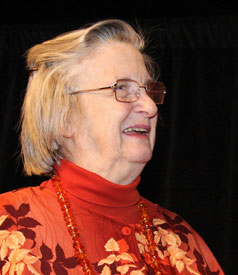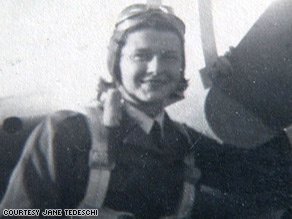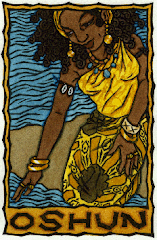WASHINGTON — Four years ago, Jamie Leigh Jones, a 20-year old Texas contract employee working in Iraq, was drugged, stripped, beaten and gang-raped by her co-workers on her fourth day in country. She finally managed to get a phone call out from the shipping container where she was being detained — by her employer, KBR, then a Halliburton company.
That call to her father led to a call to her congressman, Rep. Ted Poe, R-Texas, and her rescue after Poe had the State Department locate her. But Jones' attempts at justice — and restitution — were blocked by a little-noticed compulsory arbitration clause in the contracts of private employees working for federal government contractors.
Now, a move by Congress last week, jump-started by Sen. Al Franken, D-Minn., would protect contract employees by ensuring they have legal recourse.
The provision is in the defense appropriations bill that the Senate approved Saturday after the House passed it Wednesday. It only needs the president's signature to become law.
"This amendment makes all the hard times that I have gone through, when going public with such a personal tragedy, worth every tear shed from telling and retelling my horrific experience," Jones said after the Senate first acted on the bill in October. Jones most recently testified before the Senate Judiciary Committee in October: "I know this amendment will save so many in the future."
Jones herself is not directly affected by the amendment. But after a hard-fought four-year battle, she won the right to sue her attackers and the company under a ruling in September by the 5th U.S. Circuit Court of Appeals. Her case is expected to go to trial next year.
"The congressional amendment tracks the Fifth Circuit decision," said Poe. For Poe, a former Texas district judge who chairs the House's Victims' Rights Caucus and who has been one of Jones' strongest advocates, the new law is a milestone.
Under the congressionally approved provision, the federal government would not be able to do business with companies with $1 million or more in contracts that deny court hearings for victims of assault, false imprisonment or emotional distress. Victims of assault would be able to sue the employers of the alleged attacker, as well as the attacker. The Defense Department can apply a waiver for national security reasons.
Jones, now married and with a child — who she named after Poe — is a teacher, lives in a Houston suburb and advocates for victims through a foundation that bears her name.
Franken was the prime mover behind the legislation, which came about this fall after he was moved by her story.
"Jamie Leigh Jones is a strong, courageous woman, who used her own horrific experience to inspire change," said Franken in a statement.
"I am honored to know her, and honored to have been a part of her cause," Franken said. "I came to Washington to stand up for folks like Jamie Leigh, and stand up to the powerful interests that too often silence their voices."
The provision had a contentious debate in the Senate, where it passed in October 68-30 — engendering a vocal critique of the 30 all white, all male "no" voters, including Sen. John Cornyn, R-Texas. Cornyn, a former Texas Supreme Court judge, said that he was a strong advocate for victims but he was opposed to a provision that would benefit trial lawyers.
All 17 female senators voted for the amendment.
"This kind of violent crime should not be obscured by politics or partisanship," said Sen. Kay Bailey Hutchison, R-Texas. "The fact is, a Texas woman serving our country in Iraq was brutally sexually assaulted. She deserves to have her day in court."






















